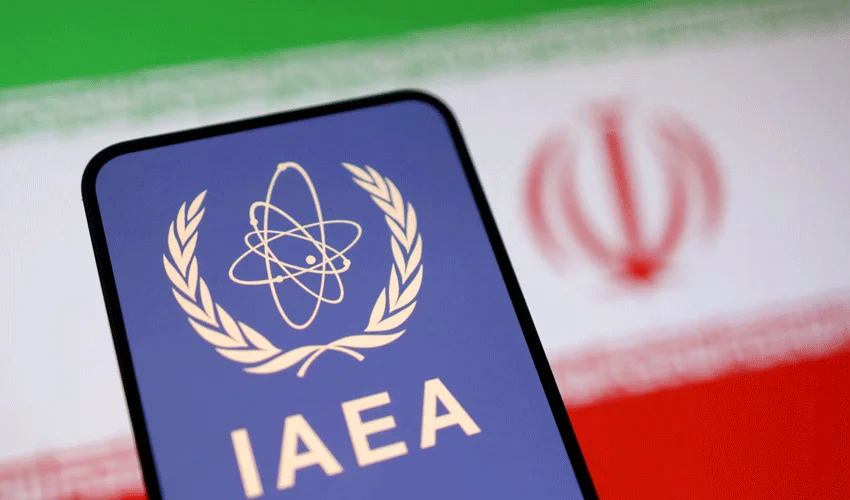Islamabad, July 1, 2025: Iran has officially denied a visit request by International Atomic Energy Agency (IAEA) chief Rafael Grossi following recent Israeli and US strikes on its nuclear facilities, escalating tensions with the UN nuclear watchdog after the Iran-Israel conflict.
Iranian Foreign Minister Abbas Araghchi dismissed Grossi’s appeal as “meaningless” and “possibly malign,” stating that Iran will act firmly to protect its sovereignty and national interests. This move comes as Iranian officials accuse the IAEA of ignoring Israeli and US attacks during a 12-day conflict earlier this month.
President Masoud Pezeshkian, in a call with French President Emmanuel Macron, confirmed Iran has halted cooperation with the IAEA. The president condemned what he described as Grossi’s “destructive behavior” and cited a June 12 resolution by the agency accusing Iran of non-compliance—issued just a day before Israeli airstrikes began.
Iran’s parliament has also passed a bill suspending all cooperation with the IAEA, directly linking the decision to the June 13 Israeli attack and subsequent US military action. A ceasefire between Iran and Israel took effect on June 24.
Criticism of the IAEA’s stance is growing within Iran. Al Jazeera’s correspondent in Tehran reports that Iranian leaders believe the agency is operating under Israeli and US political pressure, undermining its neutrality.
Western powers have responded with concern. France, Germany, and the UK jointly condemned what they called “threats” against Grossi and urged Iran to restore full cooperation with the IAEA. Though no threats were officially cited, Iran’s hardline Kayhan newspaper had accused Grossi of spying for Israel and called for his execution.
Iran’s Foreign Ministry rejected the allegations, saying the parliamentary suspension reflects public outrage and Western political bias toward Iran’s nuclear program.
According to Iran’s judiciary, at least 935 civilians—including 132 women and 38 children—were killed in the recent strikes, intensifying domestic calls for a firm stance against foreign intervention.
The Group of Seven (G7) welcomed the Iran-Israel ceasefire but warned against renewed nuclear activity. “Iran must never possess nuclear weapons,” the G7 stated, urging Tehran to avoid reviving high-level uranium enrichment.
Meanwhile, Qatar has stepped in to mediate new talks. President Pezeshkian personally apologized to Qatari Emir Tamim bin Hamad Al Thani for the accidental strike on Al Udeid Air Base, the largest US military installation in the region.
As diplomatic channels cautiously reopen, global focus remains on whether Iran will re-engage with the IAEA—or continue its path of defiance in the face of international pressure.
Read More: European Union Explained: Structure, History, and Member Countries – 2025 Guide









